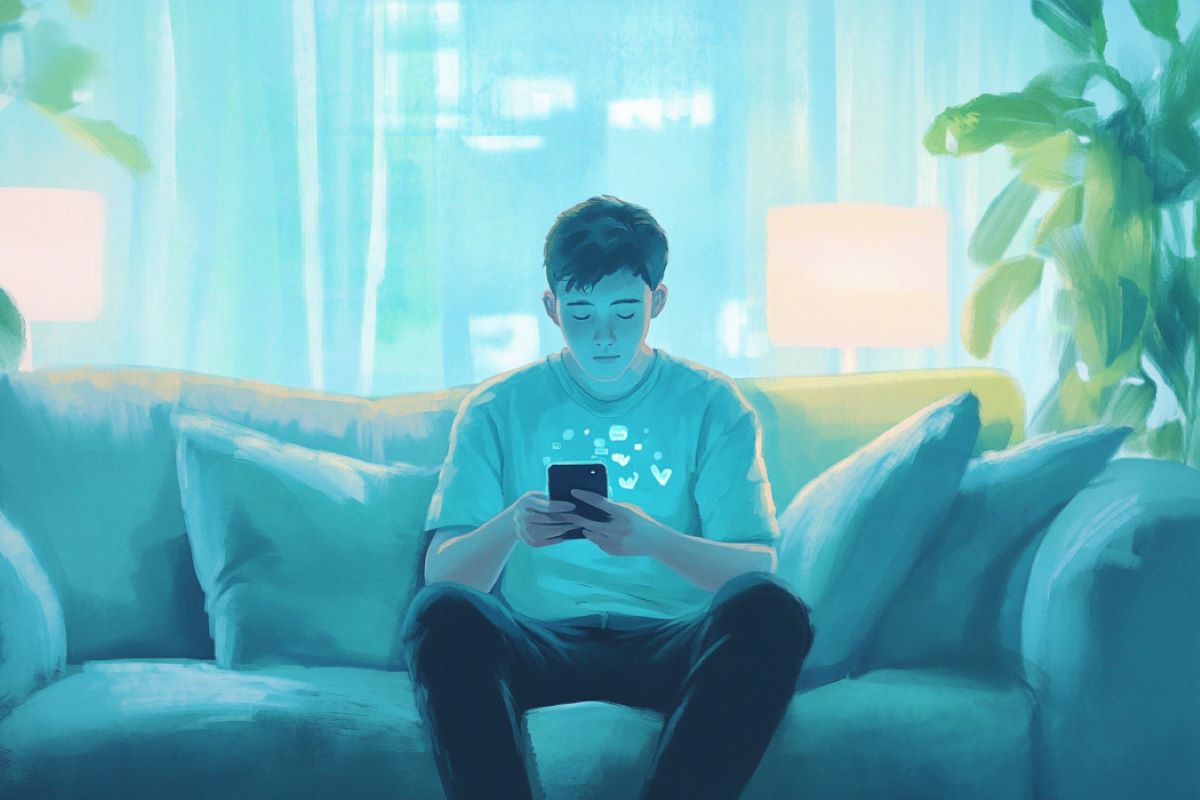Smart Social Media Use with Neuroscience Insights
The Role of Social Media in Teen Mental Health
In a world increasingly dominated by social media, understanding its impact on mental health, especially among teens, is crucial. While many debates focus on the time spent online, recent findings suggest the nature of interactions on these platforms plays a more significant role. This shift in perspective emphasizes the importance of how teens engage with social media content.

Understanding the Positive Use of Social Media
Social media, when used wisely, can be a source of positive reinforcement and meaningful connections. Experts have highlighted several key practices:
- Encouraging authentic interactions over superficial likes and comments.
- Following uplifting accounts and unfollowing those that cause distress.
- Engaging in communities that support positive behavior and interests.
"If you accept a limiting belief, then it will become a truth for you." - Louise Hay
This quote resonates with the social media experience, as teens often internalize the unrealistic standards frequently projected online, affecting their self-esteem and stress levels. Reframing social media experiences into positive, empowering interactions can counteract these effects.
Strategies to Foster Healthy Social Media Habits
Researchers emphasizing neuroscience findings encourage specific strategies to cultivate healthier social media habits among teens:
- Set intentional time limits to prevent social media fatigue.
- Encourage discussions about online experiences to process emotions healthily.
- Use social media to inspire creativity, such as through sharing art or music.
These approaches are aimed at boosting resilience and reducing social media-related stress. To dive deeper into setting healthy boundaries, consider exploring this helpful guide on Amazon.
Connection Over Comparison: The Neuroscience Insight
One of the most illuminating aspects of recent research is the understanding that genuine connections over comparisons are vital for mental health. Studies show that engaged and empathetic interactions can foster a sense of belonging and decrease feelings of loneliness and stress. Emphasizing quality over quantity in online relationships is essential.
Beyond the Screen: A Balanced Approach
While social media is a significant part of today's communication landscape, integrating offline activities with digital presence is critical. Encourage teens to participate in hobbies and in-person social activities to balance their mental energy and enrich real-world interactions.
For further insights into achieving this balance, check out this YouTube video that explores practical tips for disconnecting and re-energizing.
As experts continue to explore the nuanced impact of social media, parents, educators, and teens themselves can work together to create a supportive, balanced digital environment. Responsible social media use, combined with conscious efforts to foster positivity, can significantly enhance the mental wellbeing of the younger generation.
For ongoing discussions and expert opinions, consider following influential personalities and participating in community-driven platforms for comprehensive guidance on healthy social media engagement.
